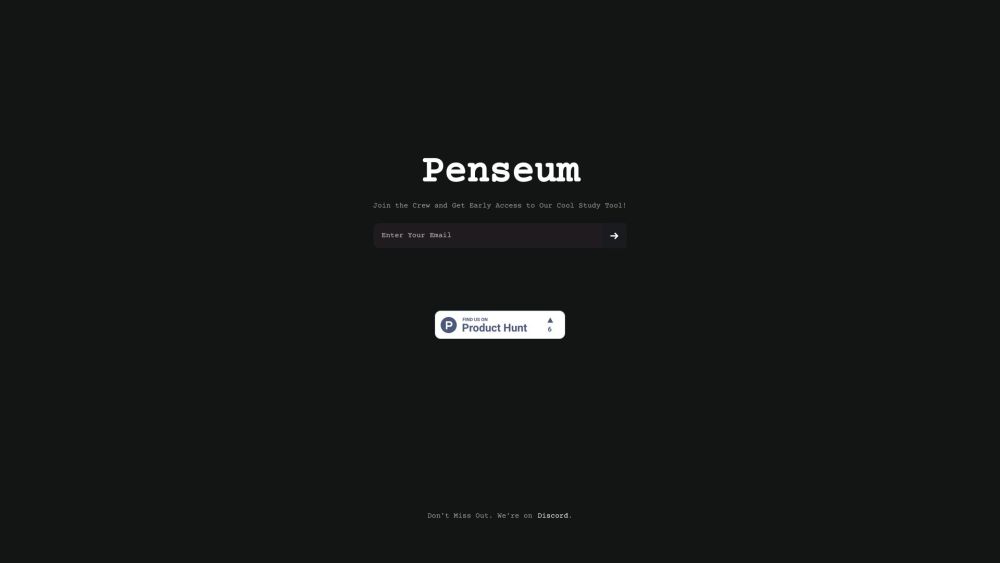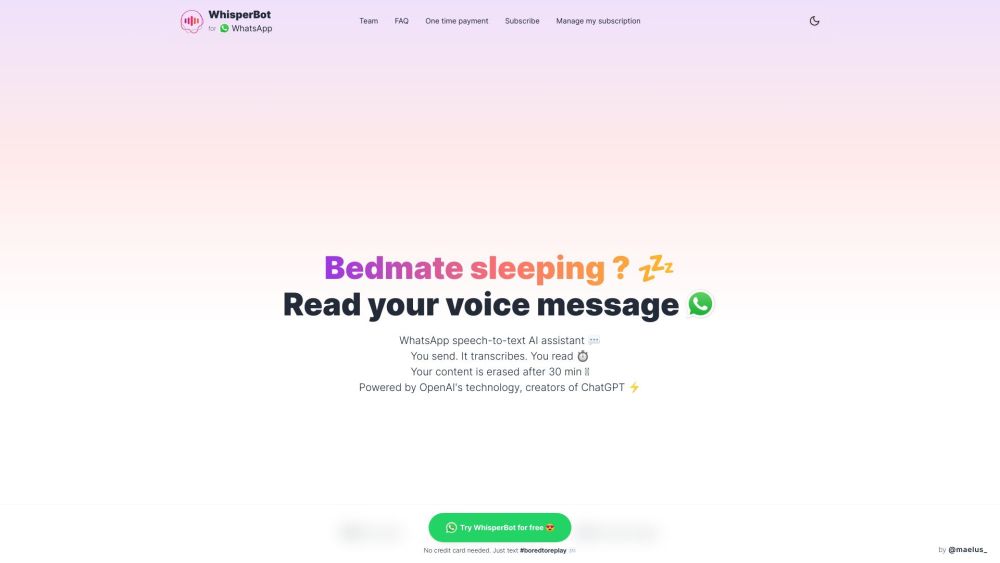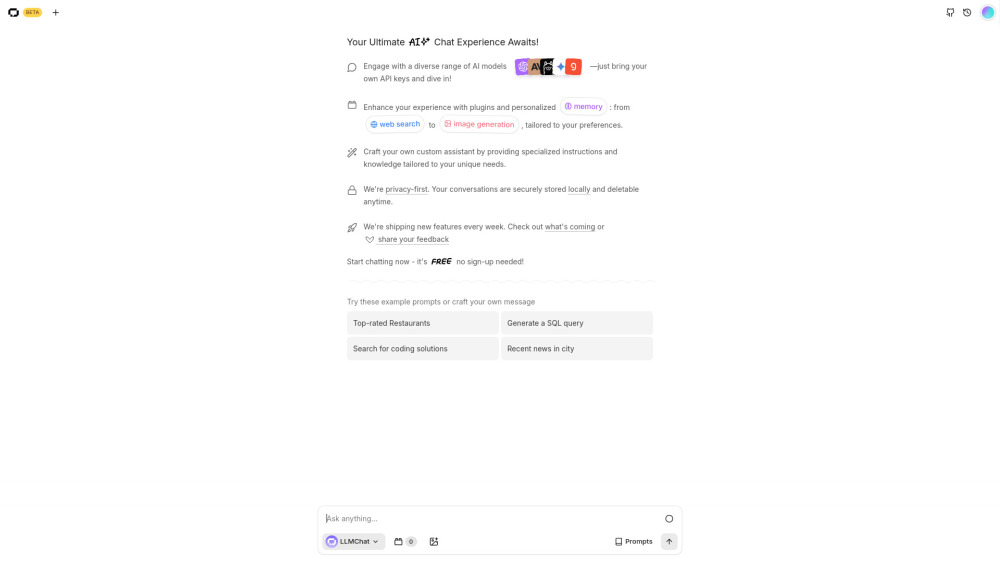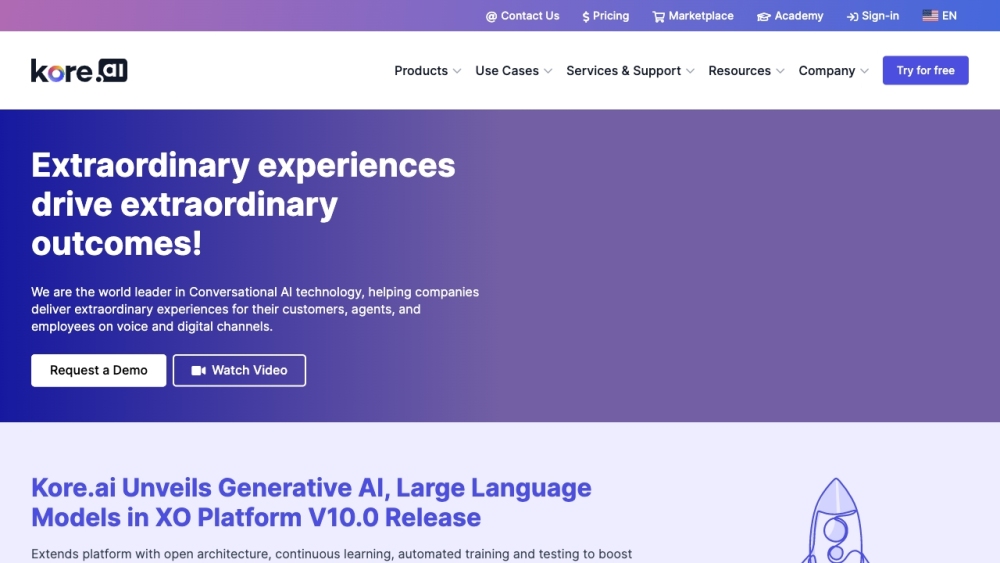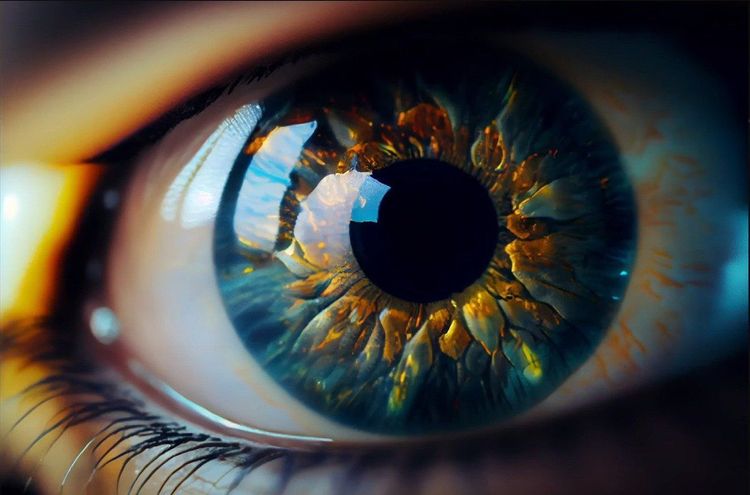The debate surrounding the use of copyrighted materials in AI training systems continues, along with the uncertainty about which works AI utilizes. To address this, US Congressman Adam Schiff has introduced the Generative AI Copyright Disclosure Act. This legislation mandates that AI companies clarify every copyrighted work included in their datasets.
“AI has the potential to transform our economy, political landscape, and daily lives. We must balance this potential with the vital need for ethical guidelines and protections,” Congressman Schiff stated. He emphasized that the bill “champions innovation while protecting the rights of creators, ensuring they are informed when their work contributes to AI training datasets. This is about honoring creativity in the age of AI and aligning technological advancement with fairness.”
Organizations such as the Recording Industry Association of America (RIAA), SAG-AFTRA, and the Writers Guild of America (WGA) have shown support for this bill. If enacted, companies would be required to report all relevant data usage to the Register of Copyrights at least 30 days prior to releasing an AI tool. They must also provide this information retroactively for existing tools and update it when datasets are significantly altered. Noncompliance could result in fines, which would vary based on the company's size and previous violations.
Importantly, this legislation would not prevent AI developers from using copyrighted material but would enhance transparency regarding the sources of their data. The ambiguity surrounding data usage was highlighted in a March interview with OpenAI CTO Mira Murati, who stated uncertainty about whether the AI tool Sora sourced data from YouTube, Facebook, or Instagram.
This bill could empower companies and artists to better address copyright infringement disputes, a frequent issue in the industry. Notable examples include the New York Times, which sued OpenAI and Microsoft for using its articles without permission, and comedian Sarah Silverman, who took legal action against OpenAI and Meta for using her literary works in AI training.
The entertainment industry has been vocal about the need for AI protections, particularly highlighted during the SAG-AFTRA and WGA strikes, which concluded with AI policy reforms in contracts. SAG-AFTRA is also backing California legislation that requires actor consent for the use of their likenesses and from heirs to create AI representations of deceased individuals. Congressman Schiff’s constituency includes Hollywood, Burbank, and Universal City, underscoring the local stakes in this issue.
Musicians have joined the call for protection against AI's encroachment on creativity. Over 200 artists signed an open letter in April advocating for AI safeguards, stating, “This assault on human creativity must be stopped.” The letter, issued by the Artist Rights Alliance, warns against the predatory use of AI to exploit artists’ voices and likenesses, violate creators' rights, and threaten the music ecosystem. Notable signatories include Billie Eilish, Jon Bon Jovi, and Pearl Jam.
